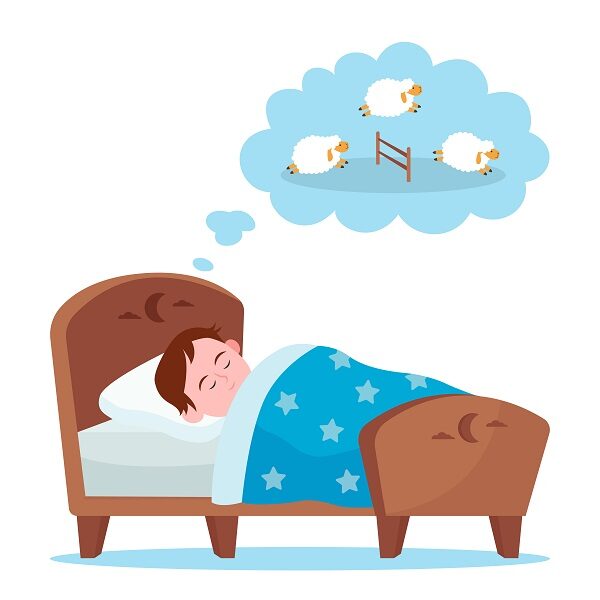
Child Development Milestone
294
Child development milestones refer to the typical skills and abilities that children acquire at different ages. These milestones can be categorized into various areas of development, including physical, cognitive, language, and social-emotional development. It’s important to note that every child develops at their own pace, so the age ranges provided are just general guidelines. Here are some examples of child development milestones:
- Physical Development:
- By 6 months: Most babies can roll over, sit with support, and begin to grasp objects.
- By 1 year: Many children can crawl or walk with assistance, stand while holding onto something, and pick up small objects with their thumb and fingers (pincer grasp).
- By 2 years: Children can typically walk independently, climb stairs with help, kick a ball, and stack blocks.
- Cognitive Development:
- By 12 months: Babies start to understand simple instructions, recognize familiar objects, and imitate actions.
- By 2 years: Children begin to sort shapes and colors, follow two-step instructions, and engage in pretend play.
- By 4 years: Most children can count to ten, recognize and name basic shapes, understand the concept of time (e.g., morning, afternoon), and engage in simple problem-solving.
- Language Development:
- By 12 months: Babies can typically say their first words, understand simple commands (e.g., “wave bye-bye”), and respond to their own name.
- By 2 years: Children can use simple phrases and sentences, follow two-step directions, and engage in back-and-forth conversations.
- By 4 years: Most children have a vocabulary of several hundred words, speak in sentences, and can engage in storytelling or imaginative play.
- Social-Emotional Development:
- By 12 months: Babies often show attachment to primary caregivers, imitate others’ actions, and display a range of emotions (e.g., happiness, frustration).
- By 2 years: Children start to engage in parallel play (playing alongside peers), show empathy, express their emotions through words, and begin to understand simple social rules.
- By 4 years: Most children can take turns, engage in cooperative play, show increased independence, and demonstrate empathy towards others.
Remember that these milestones are general guidelines, and individual children may reach them at different times. If you have concerns about your child’s development, it’s always a good idea to consult with a healthcare professional or a pediatrician.




